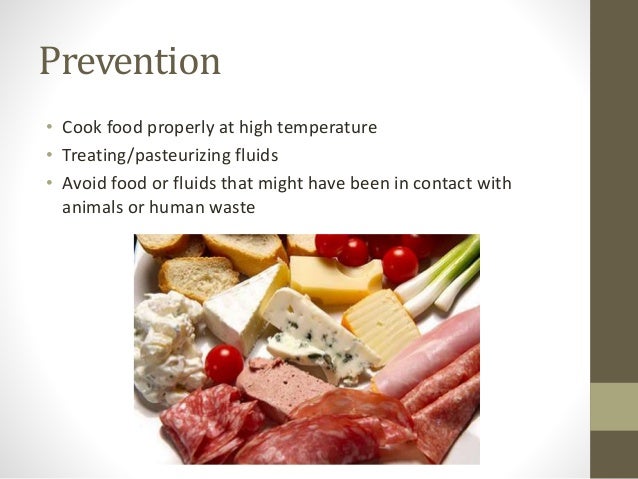What is Listeria and Why is it a Problem in Survival Situations?

Listeria outbreaks are becoming a common occurrence across the country. Their rapid development as a food-borne illness to contend with is alarming. While these outbreaks are easy to prevent and contain, listeria can become a widespread problem during a SHTF situation that we should be prepared to deal with. Here are a few things that you should know.
What is Listeria?

Listeria is a bacteria that can thrive with or without oxygen. It is usually transmitted through eating or drinking contaminated products. It is present in many raw foods that, if not handled and prepared properly, can easily end up in supermarkets, cafeterias, restaurants and your kitchen. It is also a threat to homesteaders because transmission from animal to human is very easy. Common sources include unpasteurized milk and milk products, eggs, fresh juices and vegetables along with contaminated meats.
What are the Symptoms?

Symptoms for most people are minor to moderate. They can include upset stomach, cramping, digestive discomfort, diarrhea and muscle aches. Most people are actually resistant to listeria and show no symptoms at all. However, as the bacteria mutates and spreads over time, we are seeing more and more people becoming ill from ingesting contaminated products.
Severe symptoms impact a small percentage of those who are exposed to listeria. These symptoms include meningitis, brain abscesses, alterations to mental state and death. Unfortunately, many of these symptoms occur very quickly, and rapid medical intervention is necessary in order to reduce long-term damage or fatalities.
People are more likely to develop severe symptoms if they have chronic medical conditions that suppress the immune system. The elderly, young and those with advanced cancers, severe alcoholism, liver disease or diabetes are also particularly at risk.
Prevention

The best way to prevent exposure to listeria is to follow proper food handling guidelines. Cross-contamination is one of the biggest causes of widespread outbreaks, and many of them originate in food processing plants or restaurant kitchens. Listeria grow quickly and can thrive in oxygen rich as well as oxygen deficient environments. This means they can rest on foods that are stored in airtight containers. This is why it is so important to sterilize canning jars and make sure that foods are prepared properly before long-term storage.
There is a lot of debate out there about the benefits of pasteurizing milk and eggs. However, it’s important to know that listeria is found in these raw products. While many people are either resistant to the bacteria, or have not been exposed yet, it only takes once to make someone very sick. Use your own judgment with regard to whether or not to pasteurize or fully-cook dairy and egg products before ingesting them.
Finally, listeria is starting to show up on fruits and vegetables, particularly organic products. Make sure that you are properly preparing and handling these items as well in order to avoid getting sick.
The good news, for the moment, is that most people process listeria without any medical intervention. However, a course of antibiotics and plenty of fluids are generally initial forms of treatment. Just remember that during a SHTF situation, poor sanitary conditions and a lack of access to healthcare services can turn listeria into a serious and potential life-threatening outbreak that can be difficult to contain. This is why it’s so important to ensure that you are handling and preparing food properly. This is one example of why an ounce of prevention is definitely worth a pound of cure.













